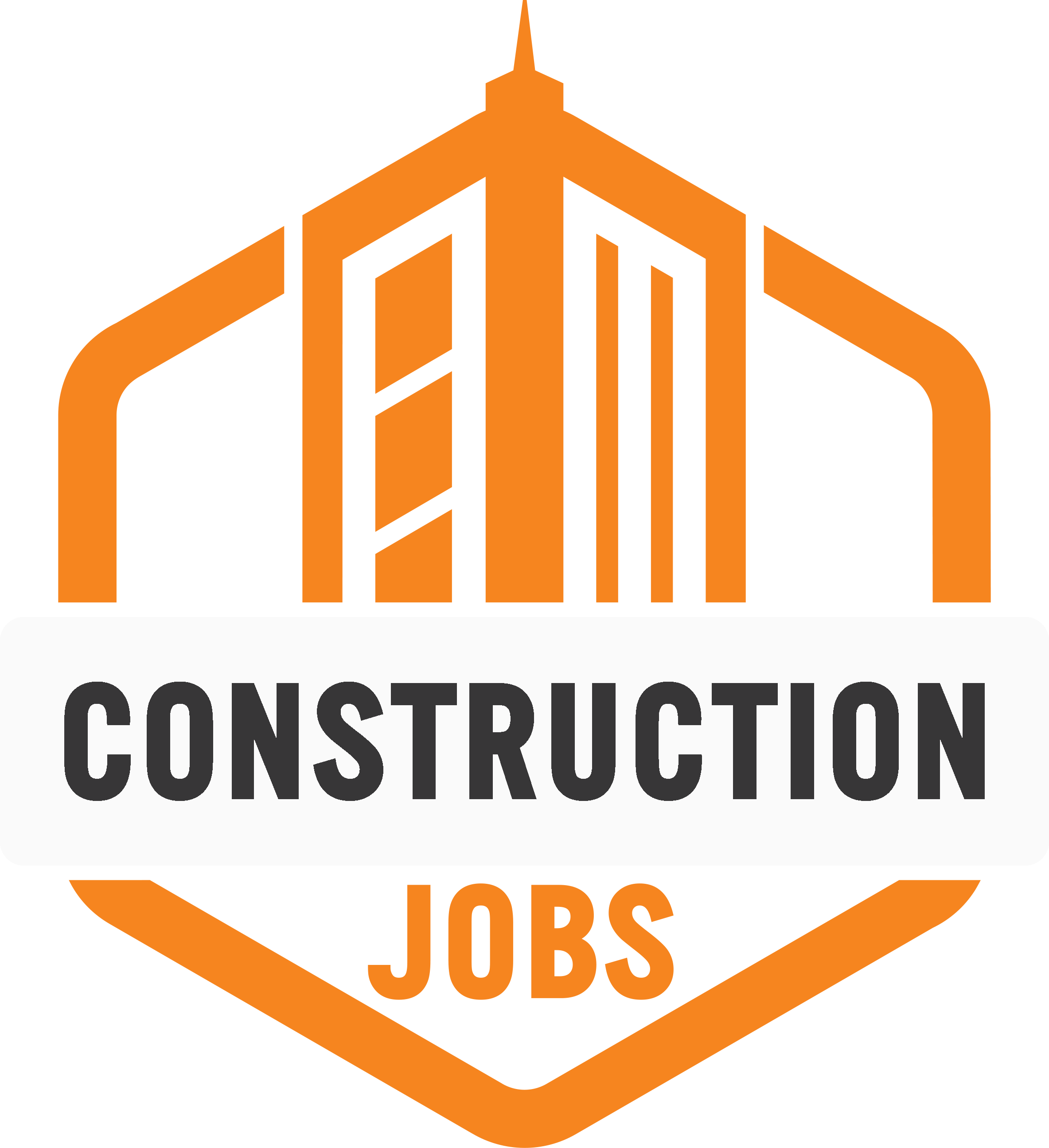Creating a Quiet Workspace in a Construction Environment
Construction is a busy industry. The constant noise can be a distraction if you’re trying to work on budgets or are on a call with clients.

Creating a quiet workspace in a construction environment is key. Taking steps to soundproof your site office can meaningfully improve your productivity and elevate your well-being while on site.
A few proactive measures to soundproof your workspace can also improve your relationships with the rest of the crew. It’s much easier to communicate when you can talk at a conversational level, and you may find that a quiet environment aids your efforts to work through grievances and misunderstandings while on site.
Noise and Stress
If you’ve been working in construction for some time, you’ve probably become accustomed to the sound of hammer drills, the humming of generators, and the hiss of air compressors. You may even enjoy some of the ambient sounds that come with hard work, long hours, and construction labor.
However, when you’re trying to balance the budgets or invoice clients, you probably don’t want to be distracted by knocking, sawing, and shouting. In fact, these loud noises may raise your stress levels and cause a dip in your productivity. Noise can raise stress by triggering a stress response in the amygdala, leading to a rise in cortisol levels. Over time, this can cause:
- Decreased focus;
- Poor sleep;
- Cardiovascular disorders;
- Increased aggression and annoyance.
Constant noise can lead to hearing loss, too. You are unlikely to form a resistance to loud noises after being exposed to loud construction-style noises, meaning that no matter how experienced you are, a sudden bang is still likely to raise your cortisol levels and spike your stress. As such, you need to take measures to reduce noise interference while at work and should aim to create a quiet space where you can focus on the task at hand.
Soundproofing a Workspace
If you work in construction, you may have installed a few soundproof booths or rooms for clients and companies. Soundproof buildings are in high demand amongst those who work from home and are essential for those who work in industries like music recording, broadcasting, and media production.
However, most construction site trailers are not soundproofed. You may need to modify your existing structures to reduce noise and create a quiet workspace. You can get the ball rolling by following the design principles used to soundproof a garage. Begin by making alterations like these:
- Doors: Doors are the biggest culprit for sound pollution. Hang a sound-dampening material over your door frame and tighten the seal around the door with weatherproof strips and door seals.
- Walls and Ceilings: Large surfaces like walls and ceilings can reflect sound waves and create small echoes in your space. Add soundproof insulation to mitigate these noises and utilize soundproof foam to further reduce noise.
- Floors: Many trailers have raised floors. Mitigate noise entering the space from below by switching to flooring that dampens sound. Doing so may make your trailer a little heavier, but it will surely reduce noise levels.
- Windows: Replace standard windows with double-glazing or storm windows. They reduce sound levels and minimize the noise that enters from outside. Alternatively, you can invest in thick curtains to dampen the noise that does enter the space.
These measures reduce noise and aid your efforts to create a quite workspace in construction. Noise is one of the greatest hazards in construction and is highly likely to cause injuries and accidents. By investing in sound dampening, you can mitigate distraction, improve your productivity, and protect the well-being of your team.
Other Stress-Reducing Measures
Mitigating loud noises is a great way to reduce your stress levels and improve your focus. However, if you want to make the most of your quiet workspace, you’ll need to invest in a few calming strategies while working in construction. As a leader, you can make the most of your quiet space and manage stress in a fast-paced environment by:
- Practicing meditation and mindfulness in your quiet space;
- Using positive self-talk when you have a moment to yourself;
- Inviting employees into the quiet space when they need to communicate an issue.
Embracing these changes can also improve your holistic health. Improving your diet, getting enough sleep, and finding time to exercise can also improve your resiliency and bolster your overall well-being. With a quiet workspace and a tranquil mind, you’ll find the day-to-day a place of peace.
Conclusion
Creating a quiet environment on a construction site can meaningfully enhance your productivity, well-being, and overall happiness. Investing in sound-dampening technology like soundproof windows or insulated flooring will quickly cut down on noise pollution and create an environment where you can speak calmly and clearly with your coworkers. This can improve safety on site and is sure to bolster your efforts as a leader.
- Share This →

